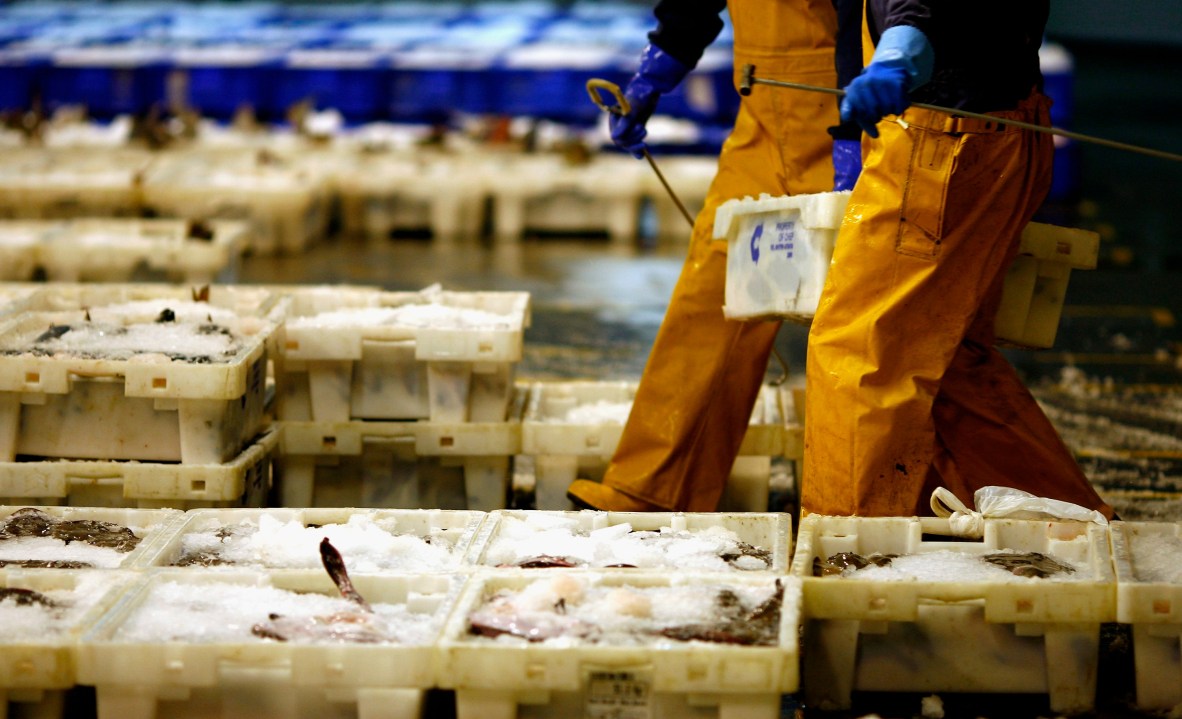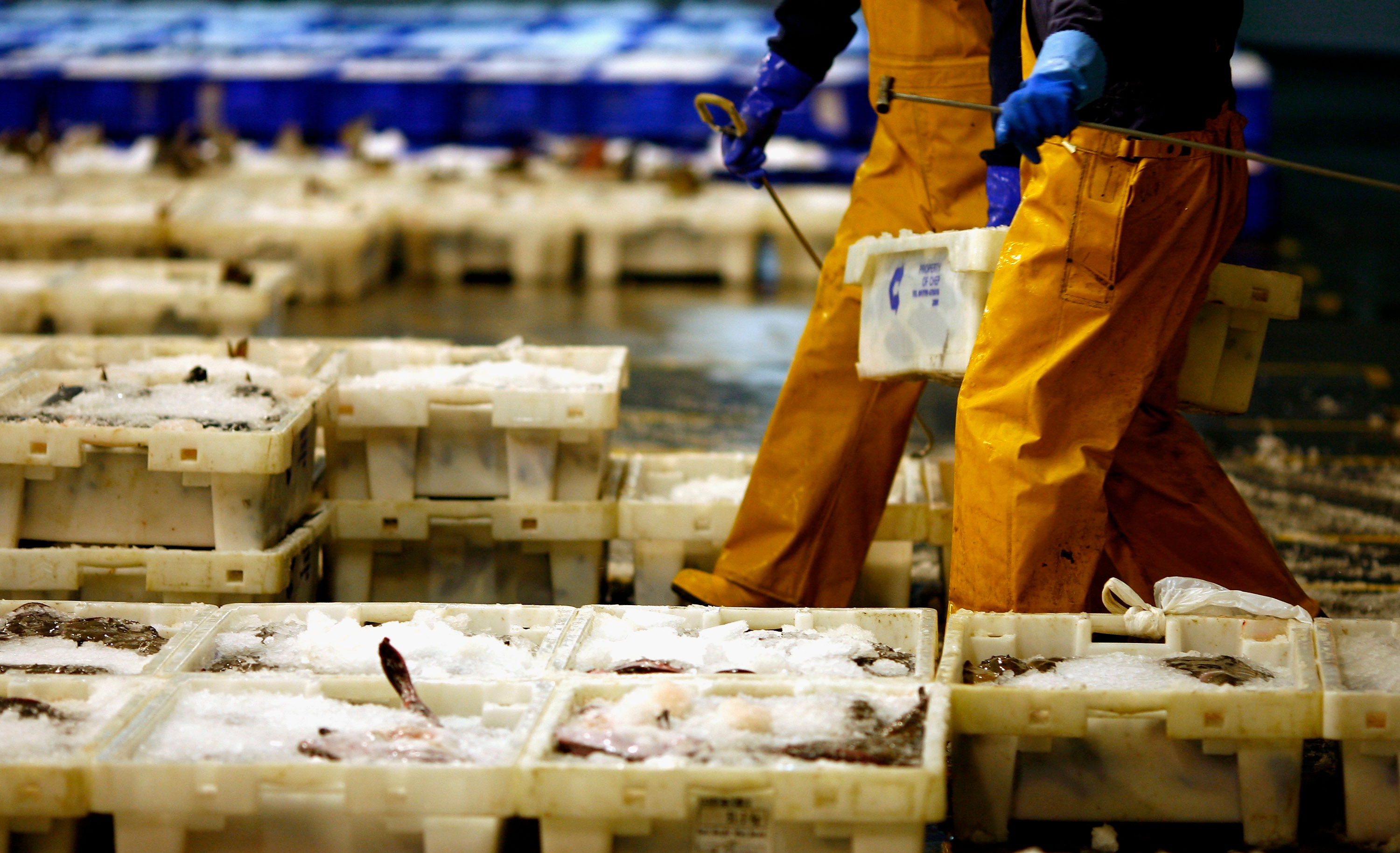Nicola Sturgeon, arguably the SNP’s most effective asset at present, went to Brussels today to deliver a speech about Scotland’s future relationship with the EU. Most of it was as bland and unobjectionable as you might expect. Move along, not very much to see here.
And with some reason. I think it is all but inconceivable that the EU would make it difficult for an independent Scotland to join the club. I also think Spanish (and perhaps Belgian) fears that letting Scotland join would set a dangerous precedent are, for the most part, exaggerated. At the very least I doubt that the threat of a Spanish veto is a good argument for voting No.
Nevertheless, the process of admission might not be quite as straightforward as the nationalists (understandably) suggest. Though the Scottish government is in favour of, for example, reforming the Common Fisheries Policy (which would be good news for Peterhead and the rest of the fishing industry) it’s ability to actually achieve any such reform is, at best, limited.
Small countries have to choose their battles carefully. Small countries establishing themselves as new – at least newly independent – members of the club are in an unavoidably weak position.
It helps that the EU’s default preference is to cobble together deals with which everyone can kinda, just-about, more-or-less live. Even so, Scotland would not have the whip hand in these discussions. Unfortunately, Scotland needs Europe more than Europe needs an independent Scotland. Europe is Scotland’s comfort-blanket, a hedge against the downsides of independence.
Sure, there’s the energy sector and the fishing and, according to the SNP, Scotland would be a net contributor to the EU budget but, in the end, Europe can manage without these things. Scotland’s political (and media) class cannot imagine life without Europe. That puts you one down, so to speak, before the talks begin.
And there would be talks. The SNP view is that Scotland would be a successor state and, there being no means of expelling a country from the EU, Scotland would remain a member of the club as negotiations continued. This is not entirely implausible.
Nevertheless, those negotiations might be tricky. Sturgeon’s speech managed to avoid making news save, perhaps, for this one paragraph:
And we would begin [negotiations] seeking to apply the principle of continuity of effect: in other words, on issues like the Euro, Schengen and the rebate, our aim would be to retain the prevailing terms of Scotland’s membership.
In other words, an independent Scotland wants to retain the opt-outs negotiated (chiefly) by Conservative British Prime Ministers. That’s fine. I can’t see how Scotland can sign up for Schengen (even if it wanted to) unless the rump UK signs up too. As for a commitment to join the euro at some unspecified point in the future? Well that can be hummed and hawed and fudged to everyone’s satisfaction. The rebate seems a different matter. It is already unpopular on the continent and I’m not sure other countries will feel minded to cut Scotland some slack on that front. In fact I’m pretty sure they won’t. Why would they?
So, keeping all the bits of Europe we like but rejecting those bits we don’t. Where have we heard that before? Why from David Cameron of course. Now the SNP’s europhilia places them some distance from the Conservative party but they do share this belief that, when it comes to Brussels, you can have everything you like and nothing that you don’t. It might be that a Pick’n’Mix Europe would be better but that’s not quite how other countries see it.
Again, none of this is grounds for a No vote per se and, again, I suspect these matters can be resolved. Nevertheless, I also suspect that it would prove a little trickier than the SNP would have us believe.








Comments